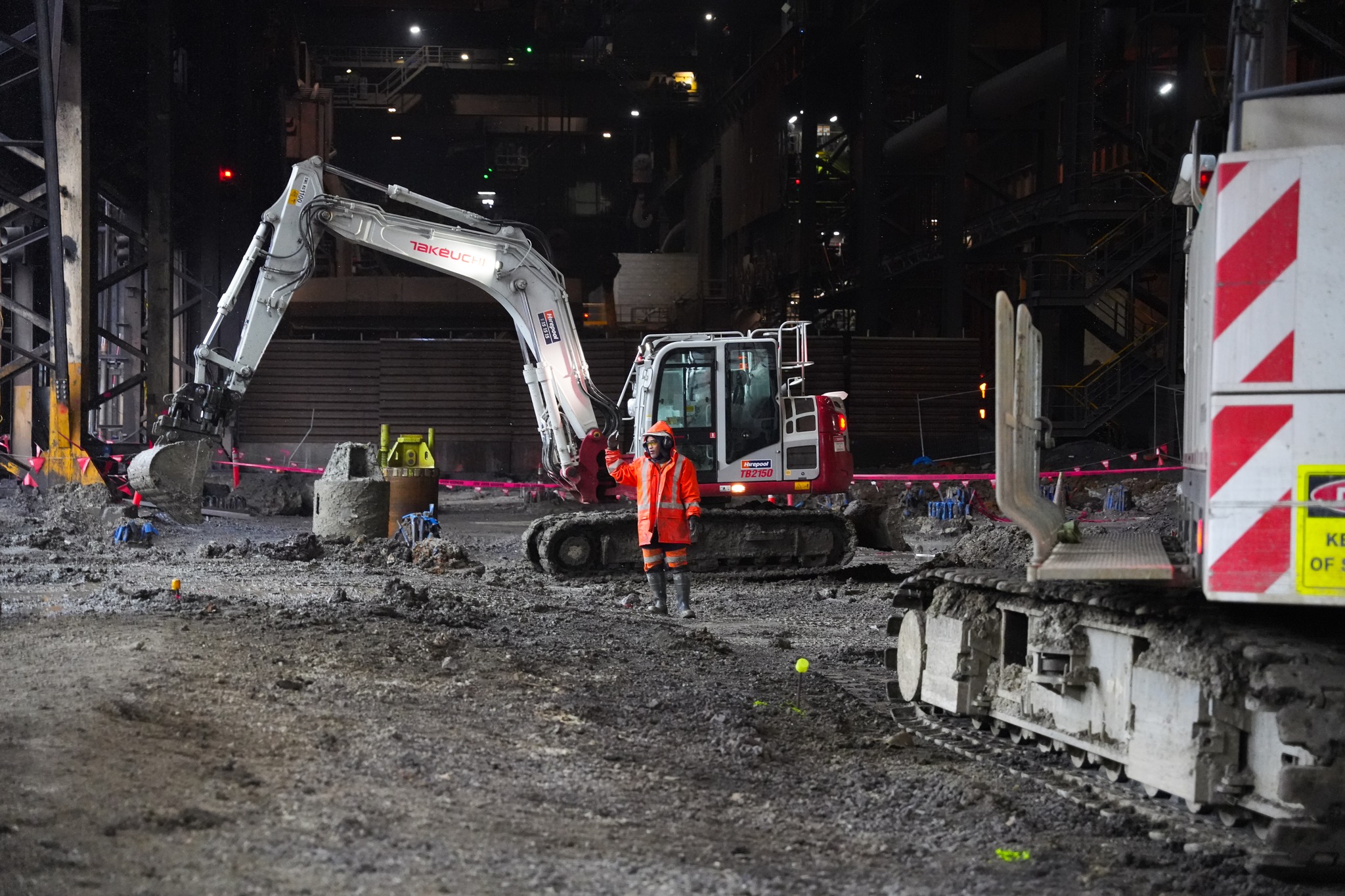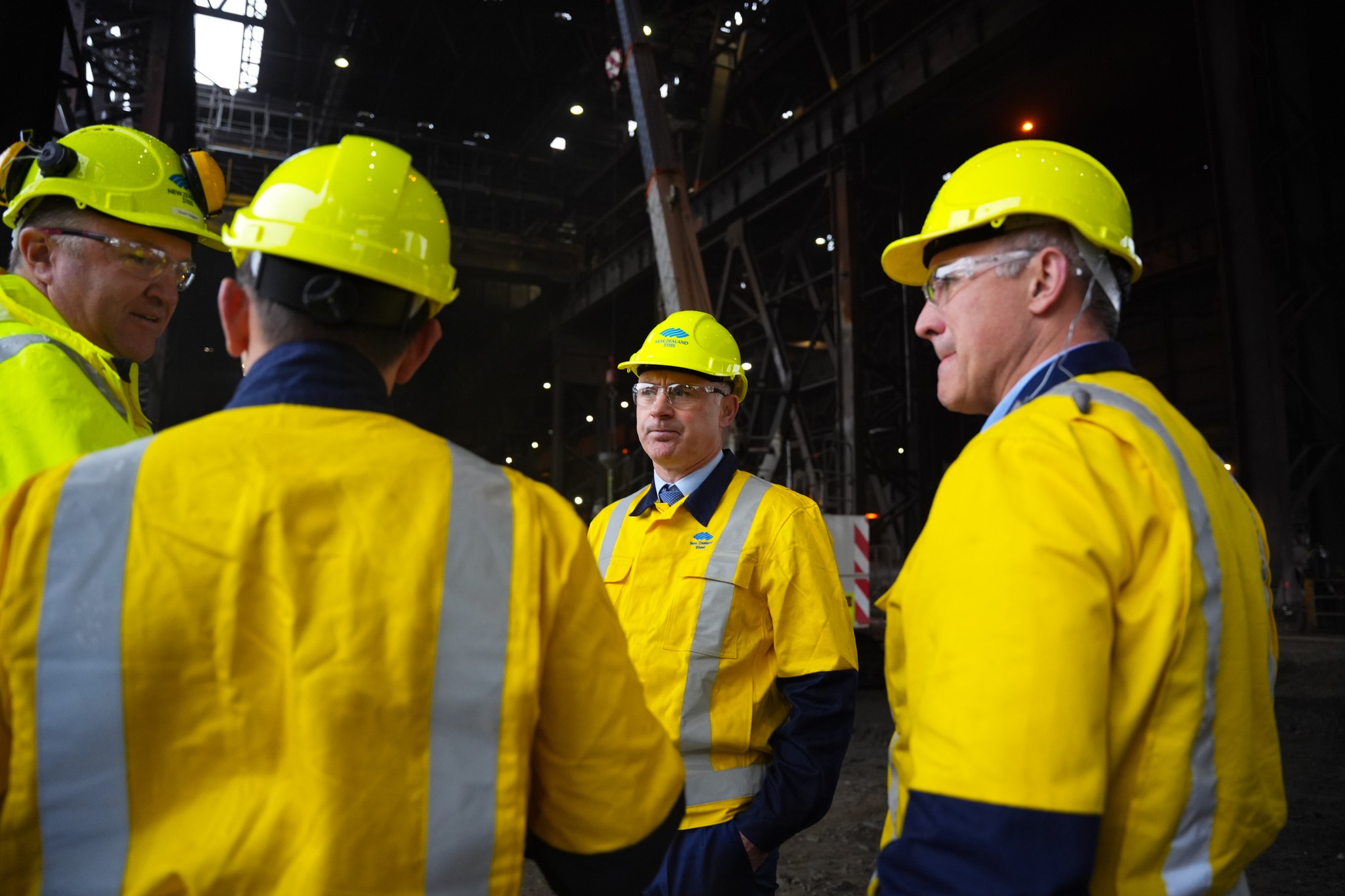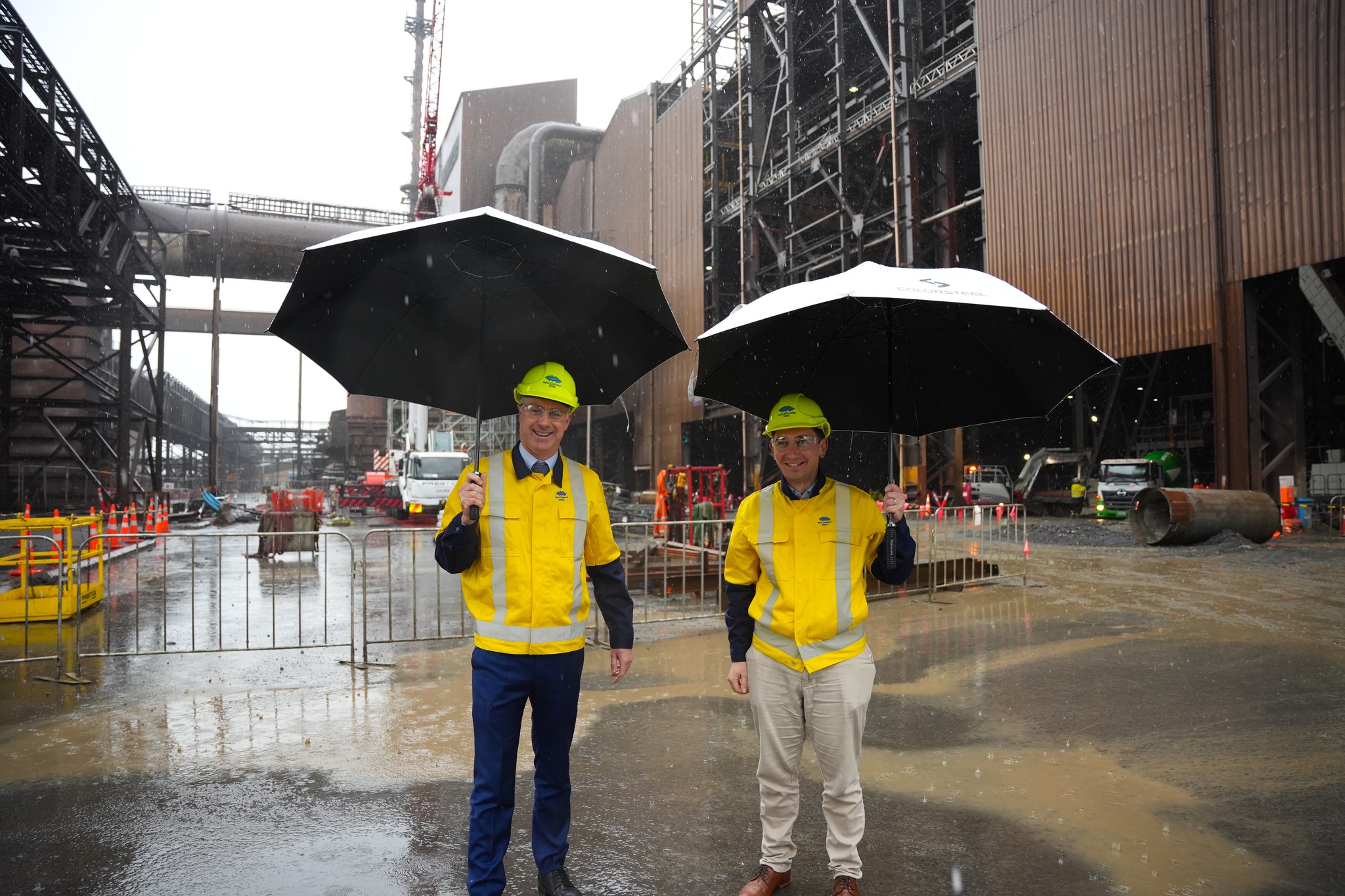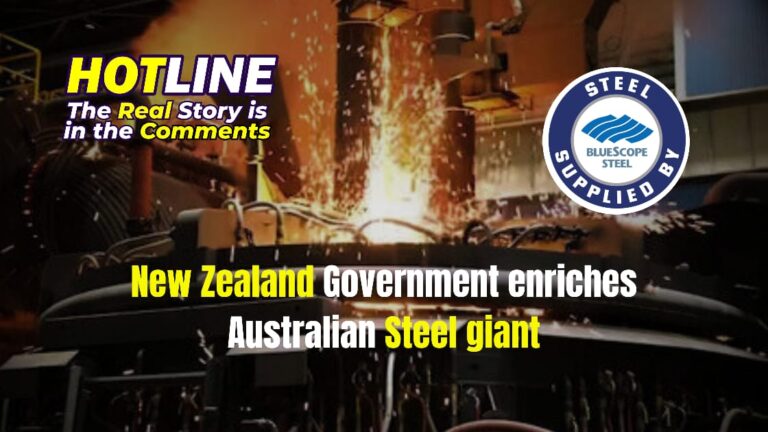New Zealand’s steel industry is undergoing major changes as NZ Steel, owned by Australian company Bluescope, switches from coal to electricity. This move has drawn both praise and criticism, sparking debates about its economic and environmental impact.

Simon Watts: Economic and Environmental Benefits
Hon. Simon Watts, New Zealand MP, supports the switch to electricity, emphasizing the potential for reduced emissions, job creation, and alignment with global environmental standards. He views the transition from coal-powered kilns to electric ones as a crucial step toward decarbonizing the steel industry, which is a major source of emissions. Watts stresses the positive effects this shift could have on both the economy and environment.
Sean Rush: Criticism and Calls for Accountability
Energy lawyer Sean Rush offers a critical perspective, focusing on Bluescope’s ownership of NZ Steel. He questions the New Zealand government’s financial support for installing electric arc furnaces without securing equity or loans. Public money was spent, but the benefits for New Zealand’s taxpayers are unclear, according to Rush. He calls for greater transparency and accountability in the use of public funds.
Corporate Responsibility and Government Oversight
Rush’s concerns highlight the need for foreign-owned companies, like Bluescope, to contribute more significantly to New Zealand’s economy. While the shift to renewable energy is welcome, the debate raises issues about how foreign investment is managed and how New Zealand’s long-term interests are protected.
Conclusion
The shift to electricity at NZ Steel marks progress toward a low-carbon future. However, careful management is needed. Striking the right balance between government support, corporate responsibility, and economic benefit will be critical to ensuring a sustainable future for New Zealand.












